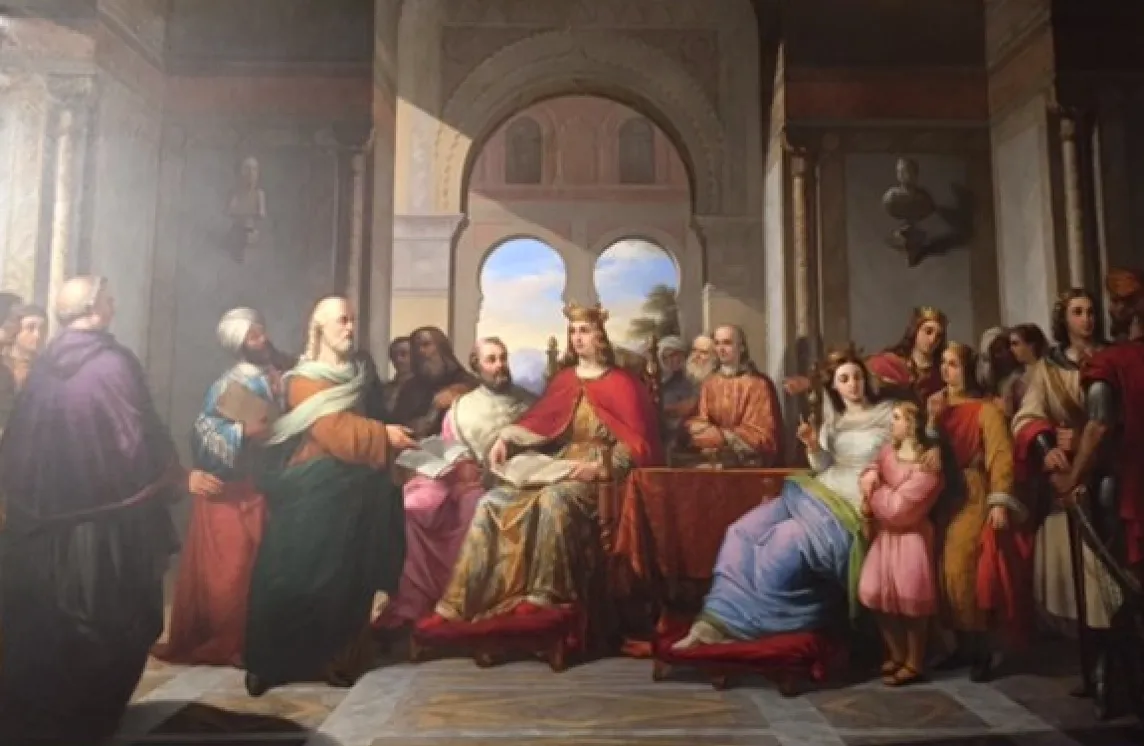Joanny Moulin
Two Biographers of François Mitterand:
Pierre Péan and Jean lacouture
Month: December 2017
Joanny Moulin
World War I as a Chapter
in the Life of Georges Clemenceau
Transnational Biography in Europe
Biography Society Seminar
14th ESSE Conference
Brno 2018
29 August – 2 September 2018

In the nineteenth century especially, biography has played an important literary and cultural part in the building of the national identities of the European nation states. Today, on the contrary, there is a discernible interest in biographies of figures of international significance – artists, scientists, politicians, etc. Such transnational biographies can be lives of historical personages belonging to linguistic and cultural areas different from the biographers’ and the readers’, or simply biographies highlighting the transnational connections and interactions of a person. This seminar, backed by the Biography Society network, would focus more particularly on biographies that forge and foreground transnational communities, which may be cosmopolitan, humanist, linguistic, religious, political, etc. Among related issues, this poses the question of the translatability of biography, not so much in terms of language as of cultural transference, for an individual’s life is bound to be written differently, depending on its reading community. The readability of a biography beyond the linguistic and cultural community in which it was originally written and published depends very much on the transnational relevance of the person whose life it relates. Some biographies focus on particular go-between figures whose lives are remarkable for the linkage they establish and cultivate between different national agents of cultural transference. Others present the lives of personages of universal relevance. There seems to be a “world biography” category of the genre, in the sense of Auerbach’s Weltliteratur, which poses the question of the place and impact of biography in global studies. It is debatable whether transnational biographies can perceptibly contribute to building a sense of cultural belonging to one region of the world, like the European Community for instance, or whether today this has become an epiphenomenon of cultural globalization. This seminar on transnational biographies would welcome proposals for contributions offering general reflections on this topic, as well as related case studies. The longer versions of the papers will be submitted for publication in a peer-reviewed journal with the permission of the authors. The presentations will be limited to 20 minutes including discussion. Abstracts no longer than 200 words should be sent before 31 January 2018 to conference@biographysociety.org.
Conveners :
- Marleen RENSEN M.J.M.Rensen@uva.nl Assistant Professor, Department of European Studies, University of Amsterdam, The Netherlands
- Joanny MOULIN joanny.moulin@univ-amu.fr Professor, Senior member of the Institut Universitaire de France, Aix Marseille univ, LERMA, Aix-en-Provence
Biography Society Workshop
Annual SAES Conference 2018
Université Paris Nanterre
7-9 juin 2018 : «Revolution(s)»

The word ‘life’ is constantly revolving around the axis of writing: a life is both a biography and its topic. In a sense, we write our lives as we live them. Lives that go on being written after the death of the subject, lives that are considered interesting enough to be written and read about are often closely related to a paradigmatic shift, a revolution of one sort or another. Whether the individuals are the indispensable agents of such revolutionary moments, or simply happened to be in the right place at the right moment, is a sensitive case in point. Furthermore, in the ‘structure’ of a human life – this dated word should be understood in the broadest possible sense of what Thomas Kuhn meant in The Structure of Scientific Revolutions (1962) – time is heterogeneous: there are ‘turning points’, or moments of higher intensity, which are interesting to study as such, as well as for their two-way impact on individual lives and their contexts, but also for their incidence on the composition of biographies. Under the influence of the cinema, some modern biographies focus on particularly significant moments or periods in the lives they relate. Such ‘partial’ biographies are one instance of formal innovation in a genre that is often criticized for its conventionality, yet there have been other revolutionary experiments in biography, as for example Ruth Scurr’s recent John Aubrey: My Own Life (2015), written out like a diary, in the first-person singular. This seminar would welcome contributions proposing theoretical reflections or case studies in history, literature and cinema, on one or the other of these three heads: how individual lives relate to historical or paradigmatic revolutions, the nature and impact of ‘turning points’ in human lives, or innovations in the evolution of biography as a genre. The article versions of the presentations will afterwards be submitted for publication in a peer-reviewed journal with the permission of their authors. Proposals of no more than 200 words, in French or in English, with short biographical notes, should be sent before 15 January 2018 to Joanny Moulin joanny.moulin@univ-amu.fr and Patrick Di Mascio patrick.dimascio@univ-amu.fr.




